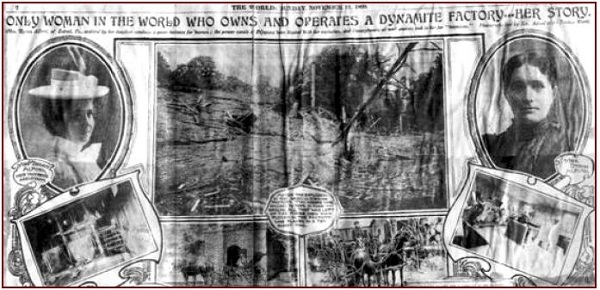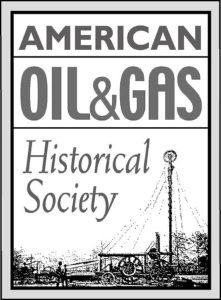by Bruce Wells | Apr 21, 2025 | This Week in Petroleum History
April 21, 1967 – GM celebrates its 100 Millionth Car –
General Motors celebrated its 100 millionth American-made car (a two-door Chevrolet Caprice). Founded in 1908 by William Durant, the Flint, Michigan, company began as a manufacturer of horse-drawn carriages. After leaving GM, Durant and partner Louis Chevrolet founded the Chevrolet Motor Company in 1911, which became part of GM five years later.
After World War II, GM was the first American corporation to pay more than $1 billion in taxes, according to the Detroit Historical Society, which also notes the company declared bankruptcy in 2009 and emerged less than 40 days later after a federal bailout that saved more than a million jobs. (more…)
by Bruce Wells | Apr 15, 2025 | Petroleum Technology
Ever since the earliest U.S. oil discoveries, detonating dynamite or nitroglycerin downhole helped increase a well’s production. The geologic “fracking” technology commonly used in oilfields after the Civil War would be significantly enhanced when hydraulic fracturing arrived in 1949.
Modern hydraulic fracturing — popularly known as petroleum well “fracking” — can trace its roots to April 1865, when Civil War Union veteran Lt. Col. Edward A. L. Roberts received the first of his many patents for an “exploding torpedo.” (more…)
by Bruce Wells | Dec 22, 2024 | Petroleum Pioneers
Businesswoman prospered in booming turn-of-century Pennsylvania oilfields.
In 1899, Mary Byron Alford, the “Only Woman in the World who Owns and Operates a Dynamite Factory,” prospered in the midst of America’s first billion-dollar oilfield. Mrs. Alford’s oilfield nitro factory cooked 3,000 pounds of nitroglycerin every day.
The 85,000-acre Bradford oilfield in north-central McKean County, Pennsylvania, and south-central Cattaraugus County, New York, remains an important part of U.S. petroleum heritage. There are many reasons, including Mary Alford’s pioneering oilfield career at the turn of the century.

Penn-Brad Oil Museum Director Sherri Schulze in 2005 exhibited a laminated (though wrinkled) newspaper article from 1899. “This was done by a student many years ago,” she said. “It was a school project done by one of Mrs. Alford’s descendants.”
(more…)


